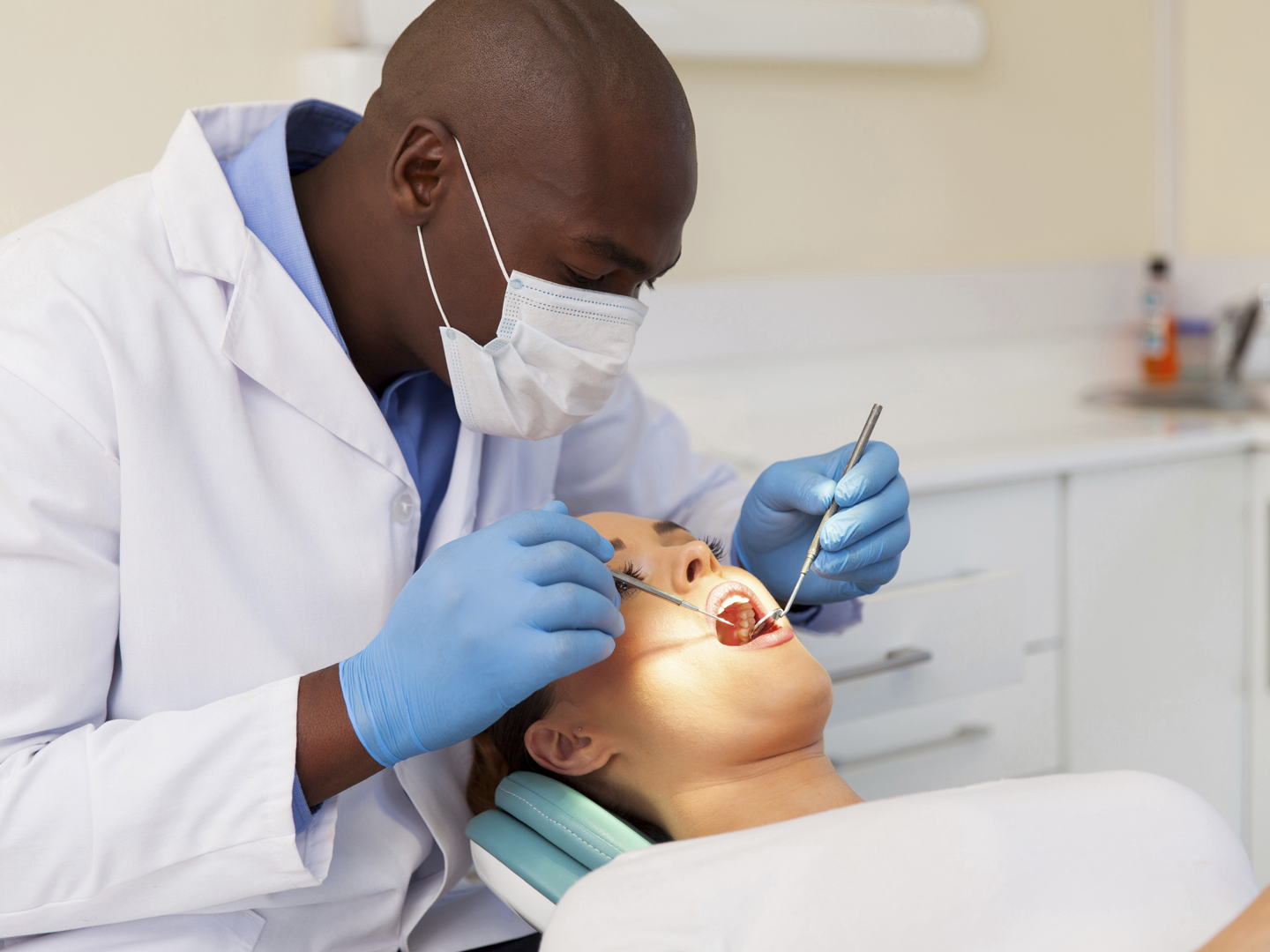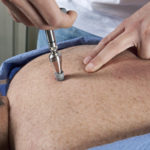Holistic & Biological Dentistry

What is holistic dentistry?
Holistic dentistry, also known as biological dentistry, takes into account a person’s entire state of physical and emotional health. Holistic dentists use natural therapies (often in combination with conventional ones) to prevent, diagnose, and treat diseases of the oral cavity.
How did it come about?
Many treatments for oral conditions and diseases include elements that we know are toxic. Amalgam, for example, which is commonly used in fillings, contains more than 50% mercury, a heavy metal that can damage the central nervous and immune systems. A 2006 poll by Zogby International found that 72% of the more than 2,500 Americans surveyed were not aware of the levels of mercury in dental fillings.
In addition to exposing the body to mercury during placement or removal of amalgam fillings, common dental procedures such as gum cleanings and root canals can force bacteria into the bloodstream, which may be harmful to some patients. Gum cleanings are essential to good oral health and holistic dentists often use natural antibacterial agents to minimize this risk.
In 1978, a group of dentists banded together to form the Holistic Dental Association, whose mission is to educate and support knowledge about the practice among dentists as well as inform the public about its health benefits.
What are the risk factors in traditional dentistry?
Dental amalgam fillings are the primary source of mercury exposure for the general population according to a Canadian study, and mercury can stay in the body for up to a year.
In addition to the release of mercury and bacteria into the body, there are environmental concerns. Improper disposal of dental waste can cause the release of heavy metals into water sources, posing a threat to wildlife and affecting the food chain. This may be a cause of increased levels of mercury discovered in recent years in certain types of fish and fish-eating animals.
Mercury amalgam also accumulates on dental supplies, such as cotton swabs and gauze, and these materials may be deposited in the regular trash. In local areas where trash is incinerated, the mercury can be released via air emissions.
What is the relationship between oral health and overall health?
Oral health is crucial for overall health. The oral cavity is the starting point and portal for many microbial infections to enter the bloodstream. Oral health may be a risk factor for, indicate the presence of, or exacerbate the effects of diseases such as diabetes, heart disease, and stroke. The human immune-deficiency virus (HIV) may first exhibit symptoms in the mouth. People with periodontal disease have more difficulty controlling their blood sugar. And 95% of Americans with diabetes have gum disease.
The incidence of premature and low birth weight babies is linked to gum disease as well. Those with respiratory infections may have greater difficulty breathing when oral health is compromised.
Poor oral health also contributes to depression and other mental health conditions. It can affect social interaction, intimacy, and contribute to low self esteem.
How is holistic dentistry different from traditional dentistry?
Dentists who practice holistically look at the whole body, not just the teeth and gums. They may advise and offer programs on preventative care that goes beyond practicing good oral hygiene to emphasize better nutrition, smoking cessation, and moderate alcohol consumption for their patients who consume alcoholic beverages.
Views among holistic dentists may differ. For example, some may be against using fluoride because they believe it does not prevent tooth decay and poses long-term health problems such as increased risk of cancer and degenerative bone diseases. On a more political level, they may be against fluoridation of the water supply, viewing it as government forcing medication on the public.
Many holistic dentists are against performing root canals. They believe that the use of chemicals in sterilizing agents, in addition to bacteria becoming trapped in the canal as a result of the procedure, can cause long-term health effects.
Holistic dentists will not use amalgam, nickel, or other metals to fill cavities. Instead, they will use composite resin, a practice that has also become common among dentists who do not describe themselves as holistic. They may also encourage patients to let them remove existing amalgam fillings and replace them with healthier materials.
The use of digital X-ray equipment, which exposes the patient to substantially less radiation, is also part of holistic dentistry. Some conventional dentists are also using this type of equipment to minimize radiation exposure.
How do you find a holistic dentist?
The Holistic Dental Association maintains a database of dentists nationwide who use holistic practices.
What does Dr. Weil think about holistic dentistry?
Holistic and integrative approaches are important in any area of medicine, and Dr. Weil contends that dentistry is no exception. His advice: whether you use a conventional or holistic dentist, don’t be afraid to ask questions such as the types of materials that are used in fillings and other dental procedures, whether they use digital X-rays, and how they dispose of medical waste. Yet he does not necessarily agree with all practices among holistic and biological dentists; in particular, he believes that removing existing amalgam fillings is often unnecessary, not to mention costly and stressful. The therapeutic effects of mass amalgam removal in his experience have been minimal. Dr. Weil suggests evaluating fillings and exchanging the amalgam for composite resin only when they break down and need to be redone.











